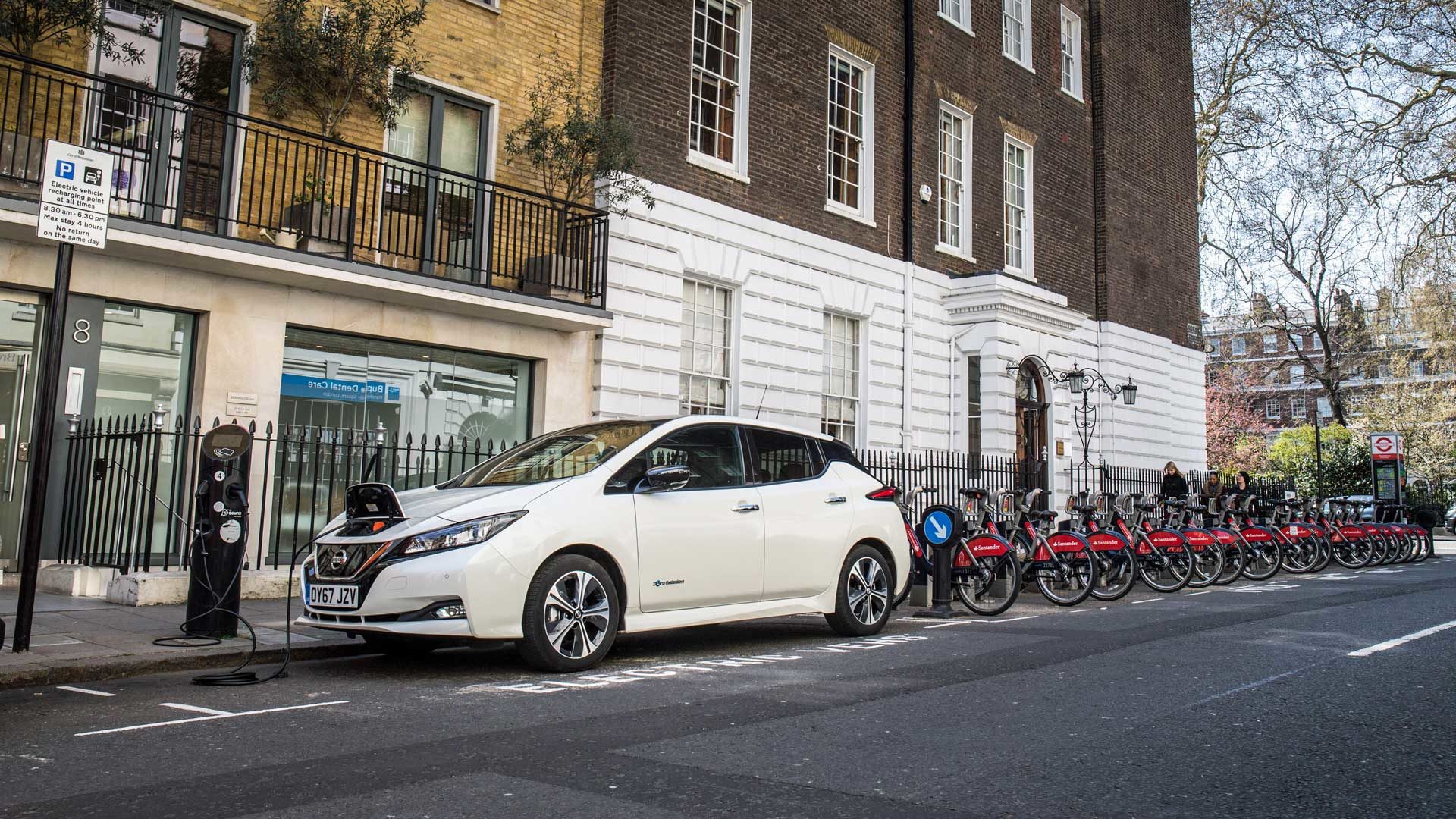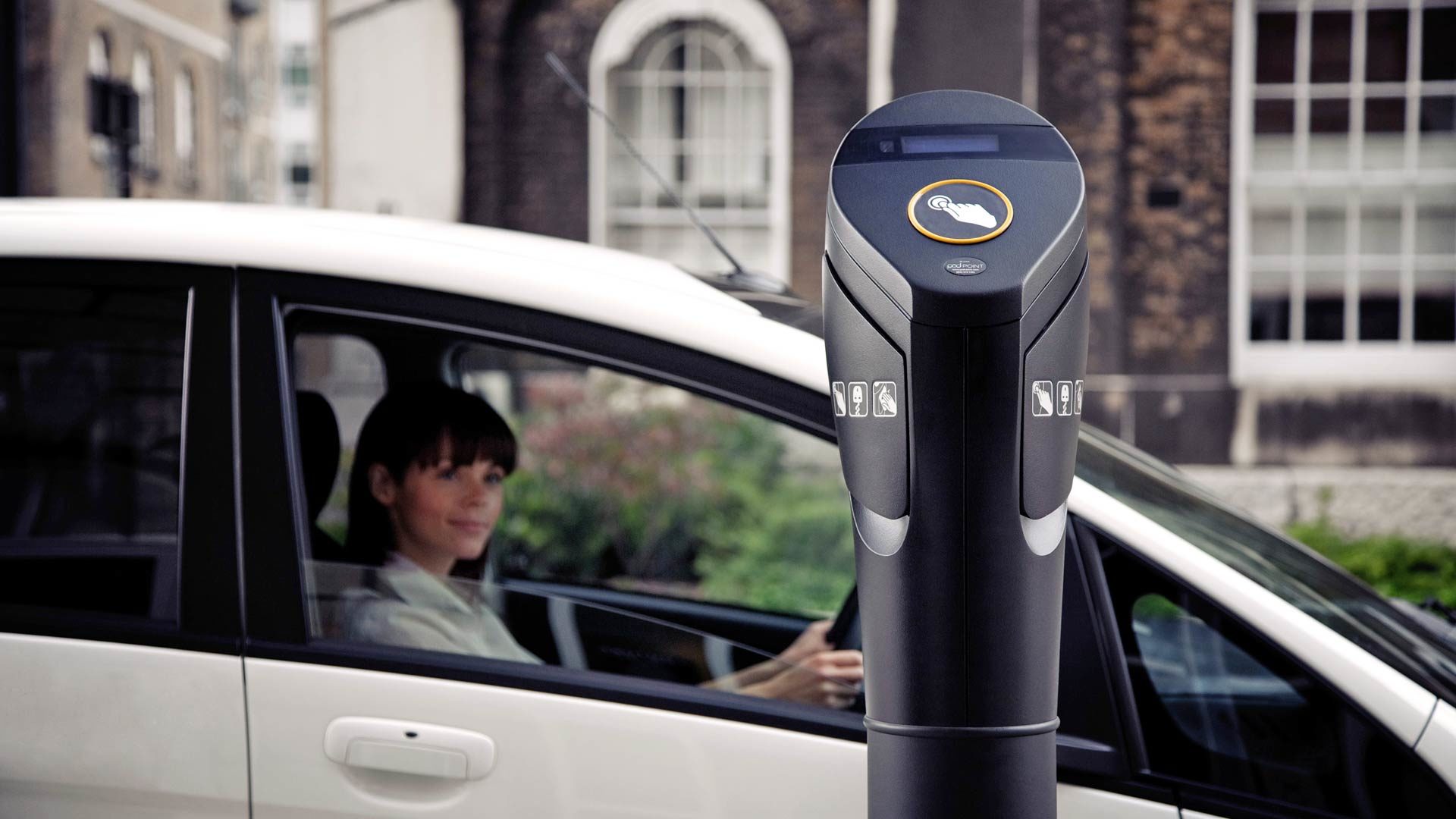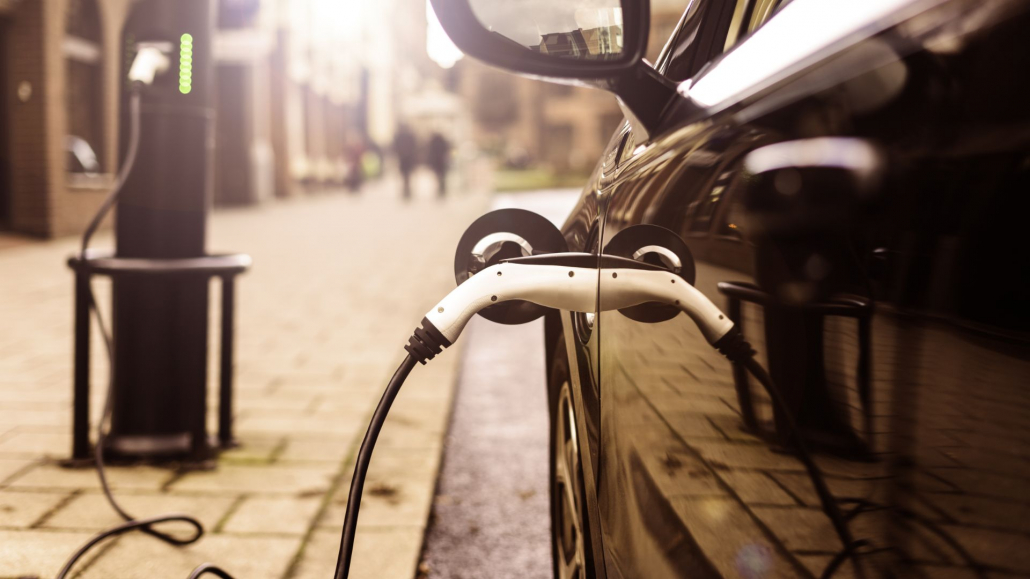
Westminster tops the list of councils which plan to install the most on-street electric chargers before the end of 2025. This is according to a new study into the future of electric charging points.
A Freedom of Information request to local councils found that just 9,317 on-street chargers are planned to be rolled out over the next four years. That’s an average of just 35 per local council. There are currently 7,682 on-street points in the UK.
Some councils, such as Bridgend, Fermanagh and Omagh, Dumfries & Galloway, Havering and Warrington said they have no plans to install more EV charging points before the end of 2025. Looking at the country as a whole, electric car owners in Northern Ireland can expect no chargers to be installed in the next four years.
The research conducted by Centrica shows disparities between the regions. Councils in London said they intend to install 4,711 on-street chargers by 2025, way ahead of Yorkshire and The Humber (1,018 chargers), South East (921), South West (869) and West Midlands (443).
‘Cost isn’t the only barrier’

Commenting on the research, Amanda Stretton, sustainable transport editor at Centrica, said: “The latest figures released today demonstrate the need for all UK councils to play their part in helping to achieve the 2030 ban. Whilst it’s great news that the government are providing initiatives to make the transition more affordable, cost isn’t the only barrier.
“With half of drivers attributing lack of chargers as the main reason preventing them from purchasing an EV, it’s unfair that those without a driveway risk getting left behind.”
Top 10 councils which plan to install the most on-street chargers before the end of 2025
- Westminster: 500.2
- Kent: 240.3
- Stirling: 156.0
- Plymouth: 122.1
- Haringey: 111.7
- York: 97.8
- Gwynedd: 80.3
- Richmond upon Thames: 70.7
- Hackney: 65.8
- Brent: 64.0
The research revealed that out of drivers who do not have a driveway or off-street parking, just 7 percent already have an EV. A quarter (24 percent) said they were considering making the switch, but half (53 percent) are not considering an electric car. Four out of five (83 percent) said it will be easier for motorists with a driveway to make the switch.
Amanda Stretton added: “Charging infrastructure and energy systems will need to be upgraded to cope with the demand and support drivers. For example, we are working with businesses to install smart charging systems which help automate charging at times which does not put pressure on the grid. This helps regulate demand and ensures customers get the best deal on electricity prices.”
On-street chargers not the ‘silver bullet’

Not everybody is convinced that a shortage of on-street chargers will delay the switch to electric cars. Tom Callow, EV advocate and enthusiast, tweeted: “The obsession with on-street charging as the ‘silver bullet’ continues. Bookmark this tweet for 2030. The majority of those without off-street parking will not be reliant on on-street charging. They’ll be charging just as easily elsewhere.”
The latest Zap-Map figures show that there are currently 36,863 charging points in the UK. The percentage of slow chargers is dropping, fuelled by the rise of fast, rapid and ultra-rapid charging points.
READ MORE
What does the 2030 petrol and diesel car ban mean for you?
Have your say on Britain’s electric vehicle charging network